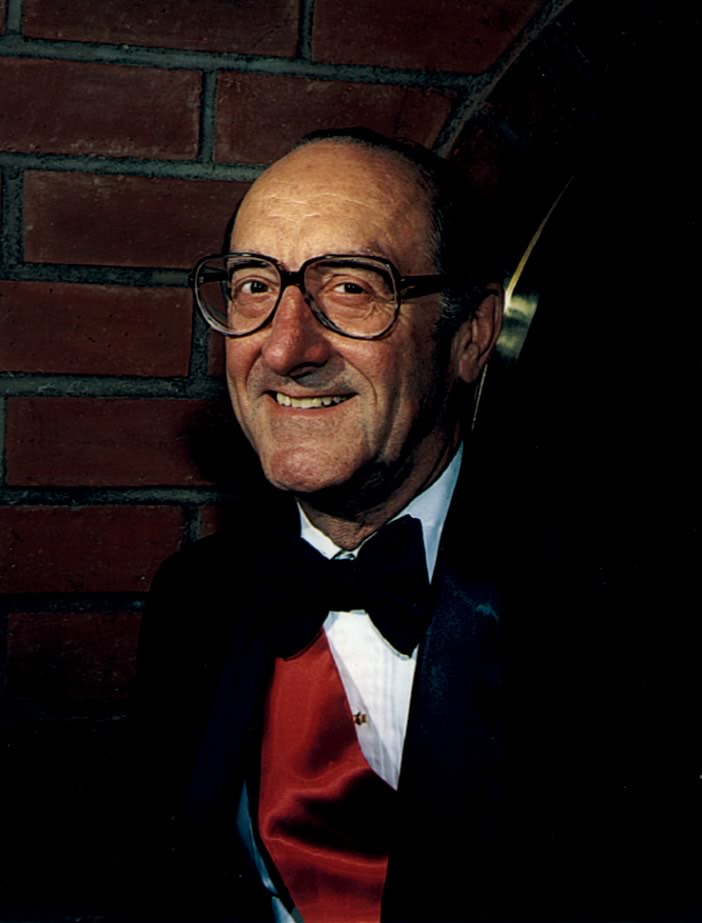
“We choose to go to the moon in this decade and do the other things,” President John F. Kennedy said in 1962, “not because they are easy, but because they are hard.” No wonder, then, that a Miner played a major role in doing the hard work of ensuring a moon landing before the end of the ’60s. As an administrator in NASA’s Office of Manned Space Flight from 1963-1969, George Mueller, a 1939 electrical engineering graduate, was responsible for overseeing the completion of Project Apollo. That task involved what the space agency calls “a remarkable series of management challenges … during a time when strong leadership and direction were critical to achieving success on a set of extraordinary goals.” Mueller established what came to be called the “all up” philosophy of rocket and spacecraft testing – an approach that dramatically reduced the number of tests it would take for a manned moon landing. Mueller’s philosophy made the Apollo 11 moon landing mission possible.
Share This Story
Spark a Memory?
Share your story! Fill out the form below to share your fondest memory or anecdote of S&T. If you'd prefer not typing, you can also share by phone at 833-646-3715 (833-Miner150).
Fruit juice helps send children to school
Boonchai Songthumvat, MS EMgt’76, and his food scientist wife, Nuchanart, started Nuboon Co. in 1992 to manufacture fruit and vegetable…
Studying the past to improve the future
Katy Bloomberg, who earned her bachelor’s degree in history in 2006, believes that her experience working in S&T’s Archives prepared…
Bringing back the wetlands
Donald Hey, a 1963 graduate in civil engineering, is passionate about proving the economic efficiency and sustainability of using restored…
Ron Epps: getting the job at NASA
After earning a bachelor’s degree in physics in 1967, Ron Epps began a long and illustrious career at NASA...
Leading a national lab
At Sandia National Laboratories, Joan Woodard, a mathematics graduate in 1973, was the executive vice president and deputy laboratories director…
Savannah (Signaigo) and Nathan Leezer
Savannah (Signaigo) and Nathan Leezer met during Greek Week activities in September 2010 when Nathan, a first-year Interfraternity Council representative,…